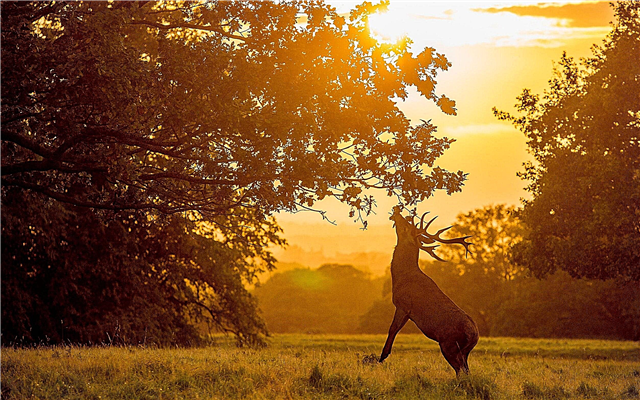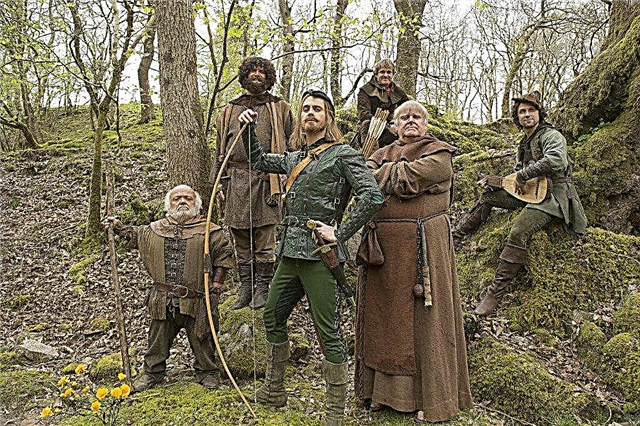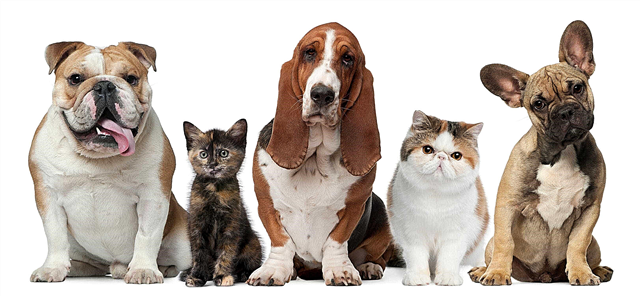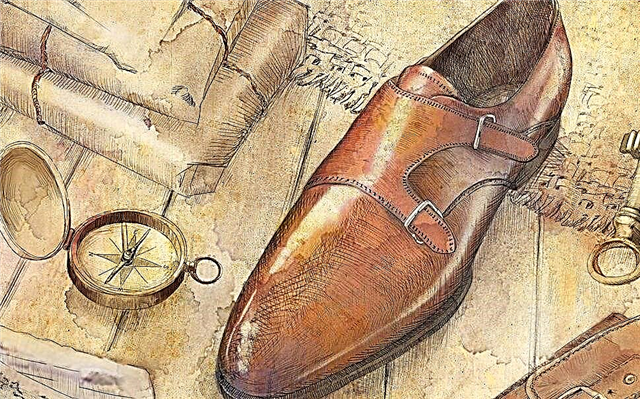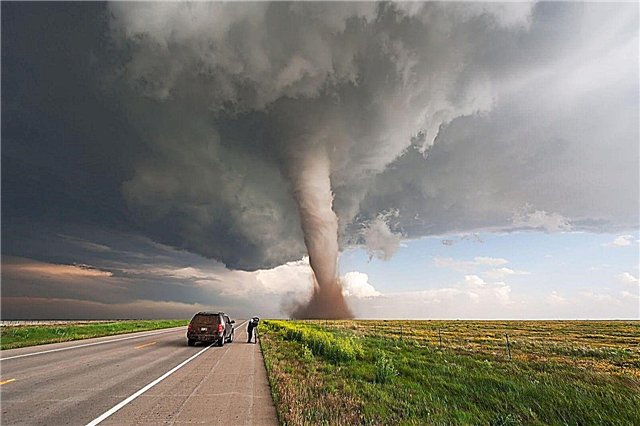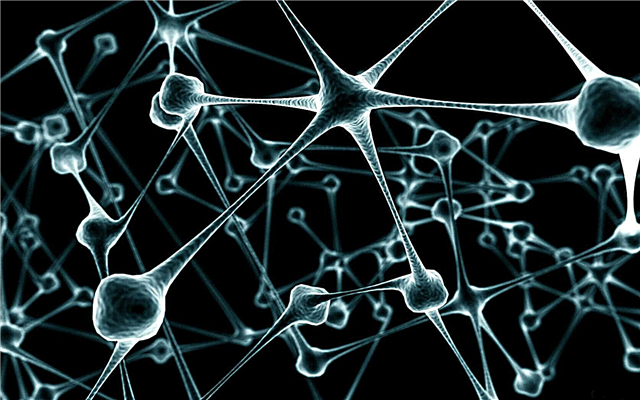
To understand why persimmon stops knitting after freezing, you first need to know why it knits.
Persimmon - it's a fruitthat grows on trees. According to scientists, it is tannins that save persimmons from being eaten by animals to full ripening.
Persimmon on a branch
It is noteworthy that in the same place, in the pulp, but in other intracellular structures, there are enzymes that lead to the hydrolysis of binders. But they are released only during the ripening period. therefore ripe persimmons will never knit.
The fact that persimmon ceases to knit after freezing became known in ancient China. This quality provided food for many legends. It was believed that this is the only mysterious fruit that is able to ripen when frozen even faster than in the sun. It is not surprising that from Latin persimmon is translated as "food of the gods."
In our scientific time, scientists realized that during freezing, liquid, turning into crystals, destroys the cell membrane and allows tannins to mix with enzymes that hydrolyze them.
By the way, checking the veracity of everything described above is quite simple. After all, we have one more fruit that knits in the stage of immaturity - quince. If you put it in the freezer, it will naturally also stop knitting.
What else knits?

For those who are interested, tannin is a substance that also occurs in the bark, leaves, and wood of many plants. Pure tannin also has excellent tannins.For example, it is used in leather dressing. In addition, it is a common food coloring. It can be seen in the food industry under the code E181.
In the industry, tannins are divided into condensed and hydrolyzable. Condensed are derivatives of flavonoids, and hydrolyzable ones are esters of gallic, digallic and trigallic acids.
Perhaps enough chemistry. Just one more amazing fact - tannins are also contained inside a person. If after a hot active day it is difficult to remove sweat stains on the collar and cuffs - you can remember that this is tannins. So each of us knits a little.




